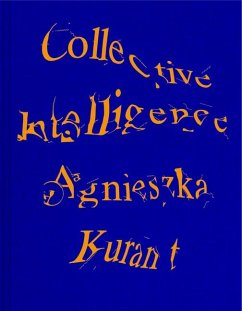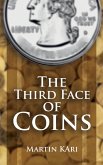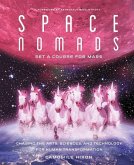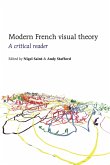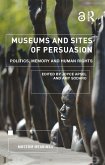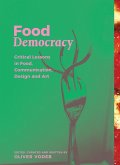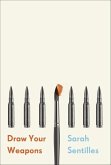Conceptual artist Agnieszka Kurant's work alongside newly commissioned texts by renowned thinkers across science, philosophy, technology, anthropology, and economics. Collective Intelligence is an innovative monograph that documents the last ten years of Polish-born conceptual artist Agnieszka Kurant's interdisciplinary practice. It also includes newly commissioned texts by renowned thinkers in science, philosophy, technology, anthropology, and economics. Kurant's experimental work investigates collective and nonhuman intelligences and their impact on transformations of the human, the future of labor and creativity, and the exploitations within digital capitalism. Questioning the ideology of individualism, Kurant proposes that we rethink human and more-than-human worlds from a perspective of plural subjectivity, and, through this fundamental shift in perspective, posits the possibility of alternative political imaginaries. Her work probes the replacement of individual authorship with collective intelligence--a phenomenon observed in slime molds, termite colonies, social movements, cities, the internet, and inside our brains. In her collaborative practice, the artist investigates emergence, cybernetics, automation, artificial life, mining industries, and energy circuits to explore our collective evolution and the shifting status of objects in relation to agency, value, circulation, and re-distribution. Through crowdsourcing the production of her artworks to thousands of humans and non-humans, Kurant creates unstable, hybrid forms that constantly evolve. Her works, oscillating between biological, digital, and geological, embody the crumbling distinctions between what is natural and artificial, real and synthetic, and life and nonlife. Dispersed throughout the book, the Phenomena section adopts a quasi-encyclopedic format to highlight and expand on Kurant's research on collective intelligence. Copublished by the Berggruen Institute, Ed and Dillon Cohen, and the Blessing Way Foundation Contributors Monika Bakke, Philip Ball, Shumon Basar, Franco "Bifo" Berardi, Nicolas Bourriaud, Rosi Braidotti, Carolyn Christov-Bakargiev, Kate Crawford, Diedrich Diederichsen, Graham Harman, Stefan Helmreich, Caroline A. Jones, Nora Khan, Esther Leslie, Jussi Parikka, Matteo Pasquinelli, Tobias Rees, Jessica Riskin, Elvia Wilk

